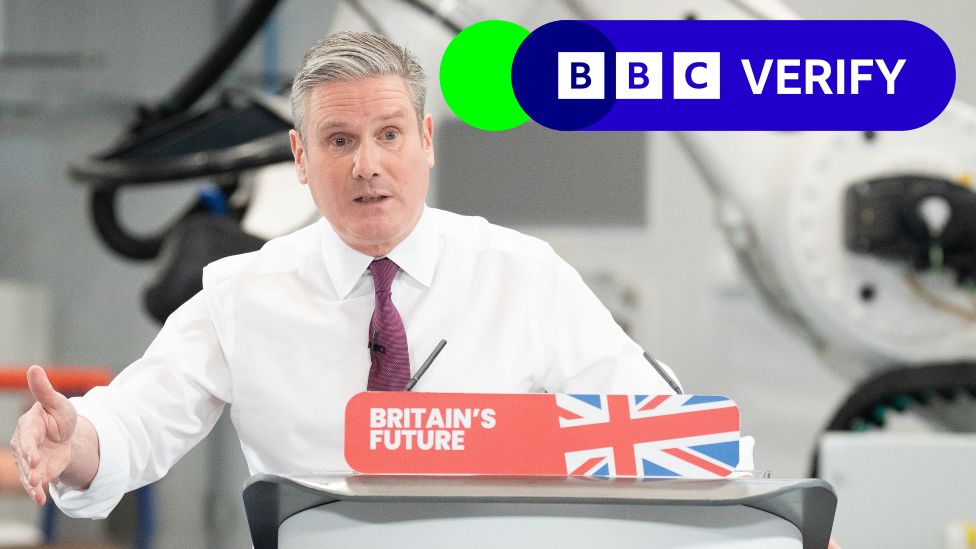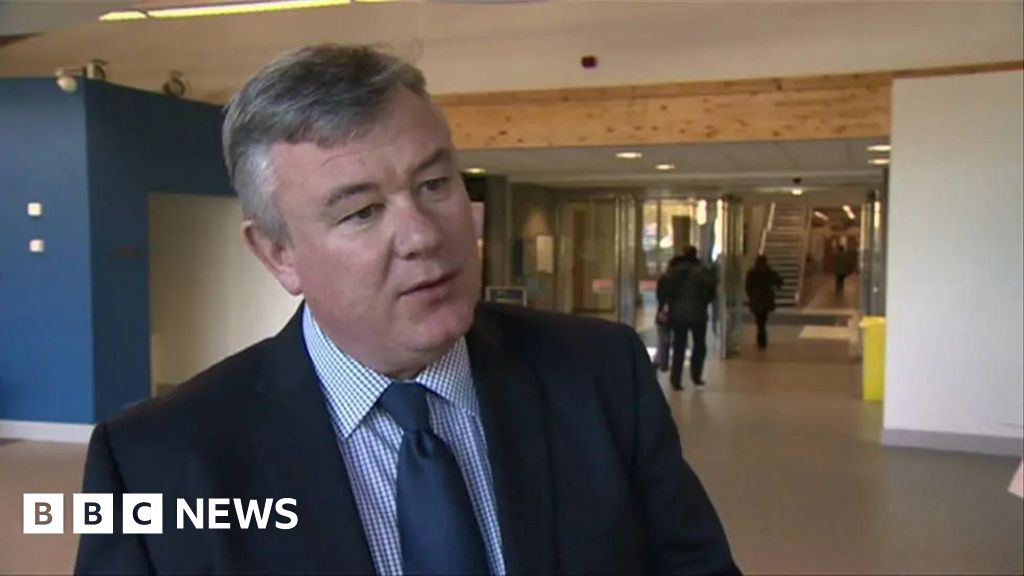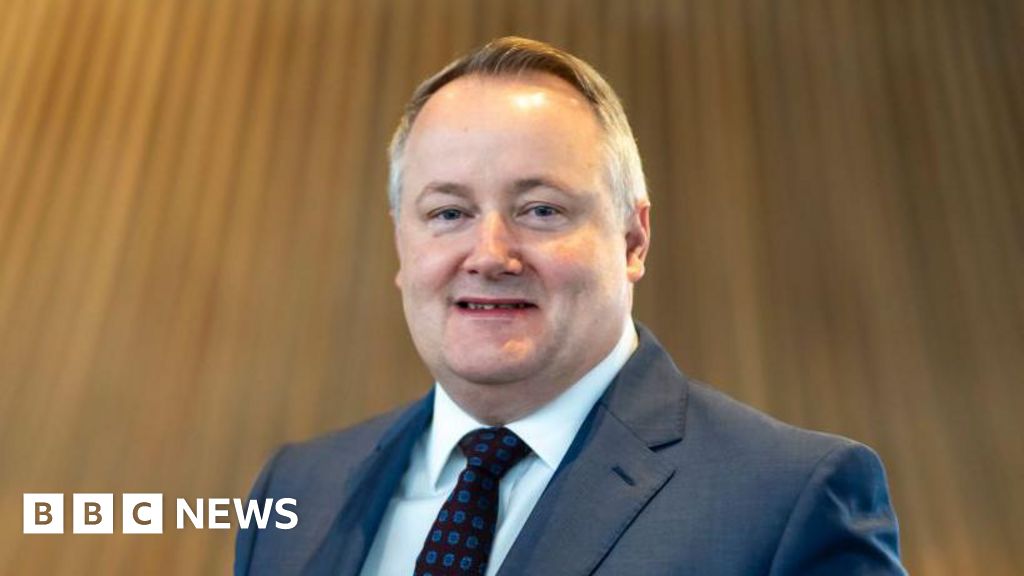ARTICLE AD BOX
 Image source, EPA-EFE/REX/Shutterstock
Image source, EPA-EFE/REX/Shutterstock
By Tamara Kovacevic and Anthony Reuben
BBC Verify
Labour's plan to spend an extra £28bn a year on green investments has gone through various changes since it was first announced in September 2021.
What is it and how will it work?
Is Labour planning to spend £28bn?
The so-called Green Prosperity Plan would be spent on projects such as offshore wind farms and developing batteries for electric vehicles.
In June 2023, Ms Reeves said this amount would not be spent on day one of a Labour government because of the poor economic picture and the soaring cost of borrowing.
Labour leader Sir Keir Starmer confirmed in January 2024 that the amount would be increased over time, reaching £28bn per year in the second half of the next parliament, which would be after 2027.
He also said that Labour would spend less if the amount of borrowing needed would break its self-imposed fiscal rules. These include a pledge that government debt should be on course to fall as a share of the size of the economy in five years.
And the party has said that every pound invested by the government in clean energy production would have to be matched by £3 of private investment.
Also, Ben Zaranko from the independent think tank the Institute for Fiscal Studies (IFS) says because the current government has announced around £8bn of future climate-related investment and has pledged another £2bn of investment in the hydrogen industry, Labour's plans imply an extra £18bn, rather than £28bn a year.
What have the Conservatives said?
The government regularly criticises the plan.
In Parliament on 15 November, Prime Minister Rishi Sunak said it would "push up inflation".
Laura Trott, the chief secretary to the Treasury, argued in the Times that it would lead to tax rises, and Home Secretary James Cleverly told BBC Breakfast on 13 December it would "saddle people with a £28bn debt".
What impact would there be on the economy?
It's hard at the moment to assess the full impact because Labour has not presented a full plan or timetable of how it would pay for the green investment.
Diane Coyle, Professor of Public Policy at the University of Cambridge, says borrowing to invest isn't a bad thing in itself: "The key question is whether the investment will pay off in higher economic growth and therefore potential tax revenues."
She adds that extra debt wouldn't automatically raise inflation - it would depend on how the Bank of England responded. The central bank is responsible for keeping inflation under control.
Ben Zaranko of the IFS also points out that successive governments have struggled to invest the amounts that they have said they are going to, and agrees that how well the money is spent will be crucial to the impact of the plan.

 1 year ago
32
1 year ago
32








 English (US) ·
English (US) ·